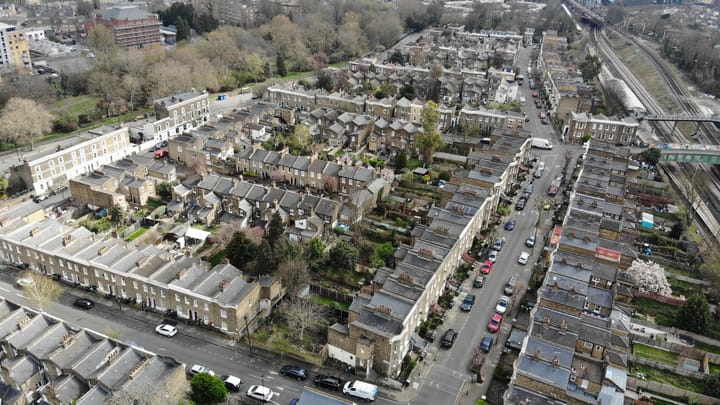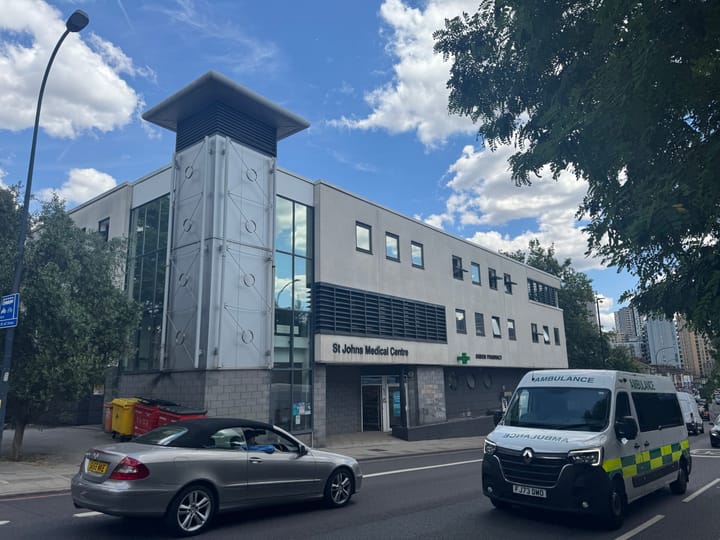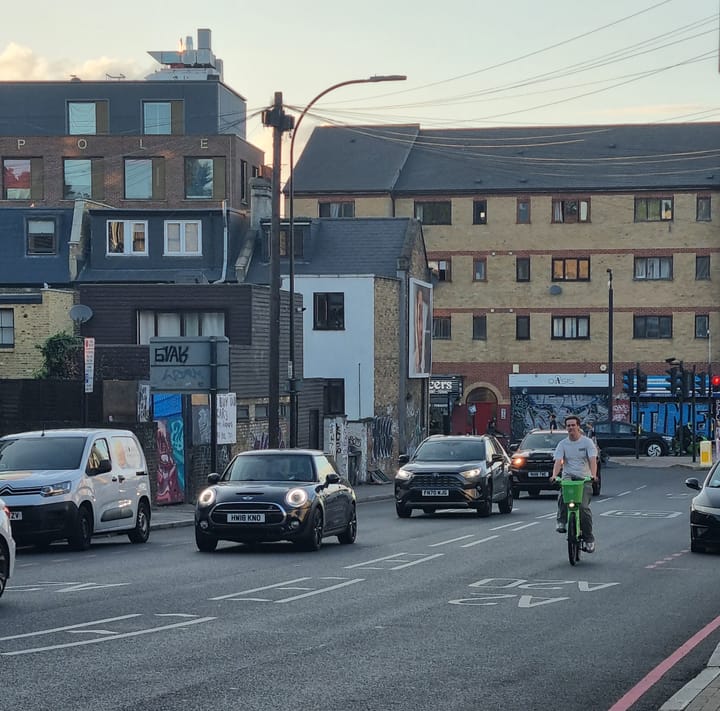"Silent killer" - Extreme heat hits London
Research shows that heatwaves are the most dangerous type of extreme weather and London is the UK city most at risk. People living in deprived areas face the greatest risks to their health. We asked Lewisham council how it is responding to the threat.
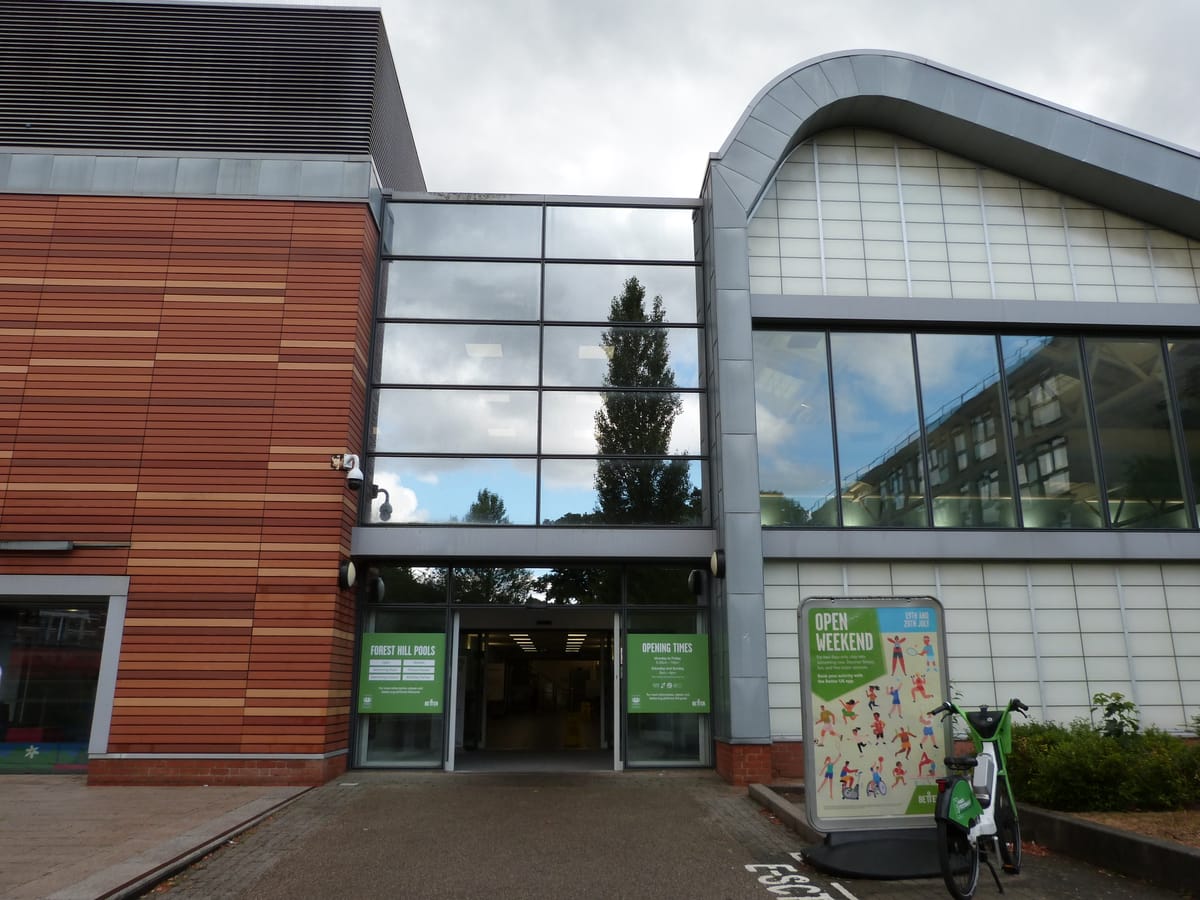
Heatwaves are sweeping across Europe, which is suffering a greater temperature increase due to climate change than other global regions.
London saw its warmest June on record with two separate heatwaves. July began with temperatures hitting 34C.
The city's human and wildlife population, parks and green spaces are not adapted to cope with the rising temperatures.
The World Weather Attribution (WWA) centre, including scientists at Imperial
College London, found that the first "early summer heatwave" will have caused the deaths of nearly 600 people in England and Wales. London was expected to have the highest number of excess deaths, with 129 in the period from 19 to 22 June.
The Met Office and UK Health Security Agency have issued three Amber heat heath alerts this year so far, warning of an increased risk of death for people over 65 and vulnerable populations including infants, pregnant people and those with chronic health conditions.
WWA used research on the 2022 heatwaves across Europe and found that heatwaves can be deadly for people with underlying health conditions including heart problems, diabetes and respiratory issues. High temperatures put extra stress on their already compromised immune systems.
Dr Anna Moore is a specialty respiratory doctor in East London and a Lewisham-based campaigner. “For those with chronic respiratory disease the risk of admission and death from exacerbations rises steeply during a heatwave," she said.
“The impact on symptom burden is also significant; many people living with chronic lung disease like asthma or COPD find the heat causes them to feel more breathless than usual which has a clear impact on life and daily activities."
The WWA report describes heat as a "silent killer"; like air pollution, it is responsible for high numbers of premature deaths but rarely identified as a cause of death.
Professor Antonio Gasparrini from the London School of Hygiene & Tropical Medicine, contributed to the research. “Increases of just a degree or two can be the difference between life and death," he said. "When temperatures push past the limits populations are acclimatised to, excess deaths can increase very rapidly."
Human activity, mainly burning coal, oil and gas, creates greenhouse gas emissions which cause climate change. Global emissions are still increasing year on year.
Deprivation increases health risks
The research found that people living in deprived areas have higher rates of heat-related deaths because they have poorer health, housing and healthcare.
"As with nearly all climate related health issues, these harms are unequally experienced," Moore points out.
"Those living in the most deprived areas are exposed to the most heat because of low levels of tree cover and high levels of concrete which absorbs heat."
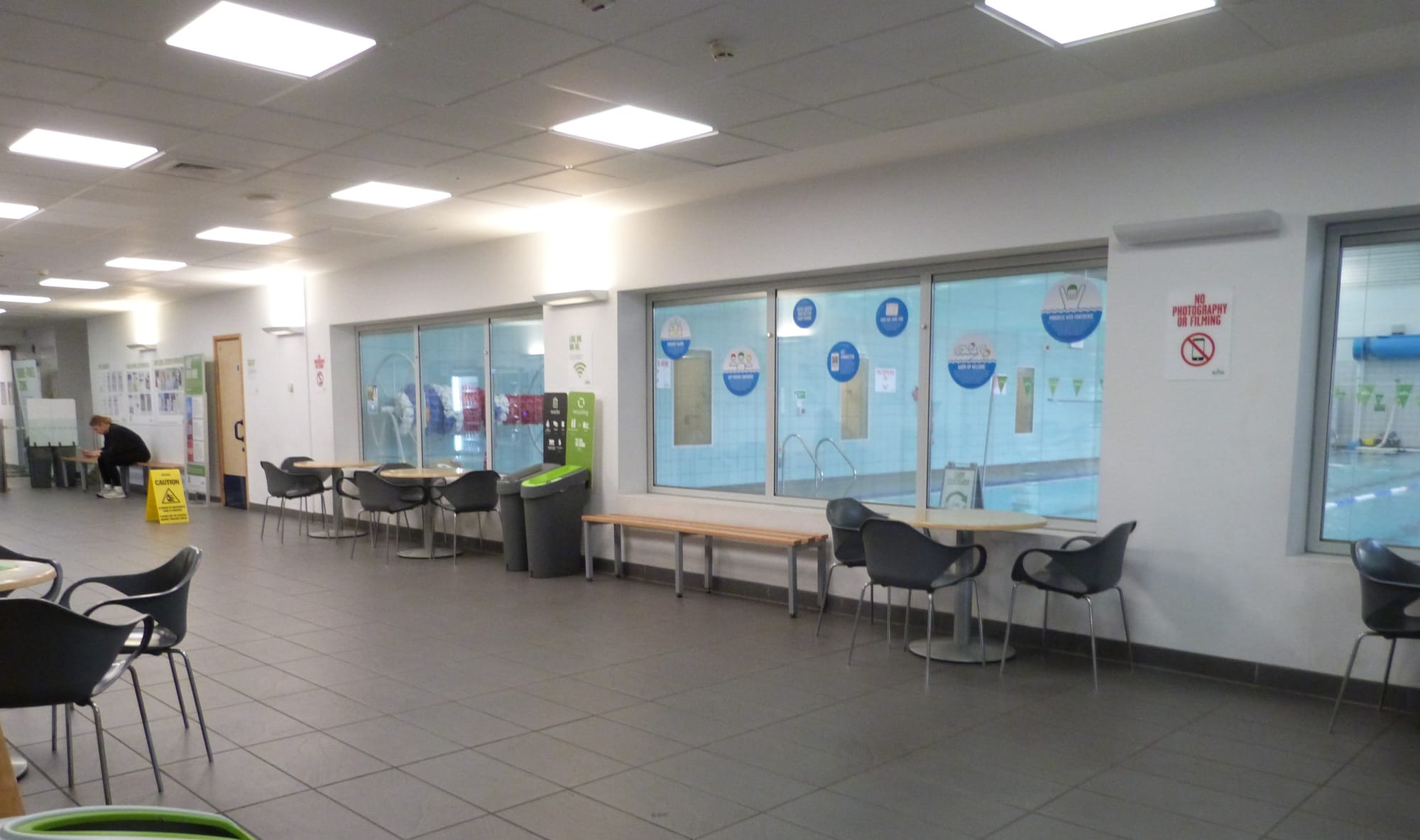
Where are the local cool spaces?
Lewisham council is directing residents to use some of its libraries as cool spaces. A spokesperson advised that Downham and Catford library have air conditioning and Deptford Lounge has an air flow system that cools public areas.
The council is also giving advice and promoting the GLA's map of cool spaces - described as "indoor venues where Londoners can take respite on hot days".
In Lewisham, it shows four "tier 1 cool spaces" across the entire borough - the two Better health centres, the Horniman museum and Phoenix Community Housing's Green Man Hub near Beckenham Hill.
However, the GLA map seems to be a work in progress and does not yet identify any air conditioned spaces across London.
If you would like to comment, please contact our "letters page".

